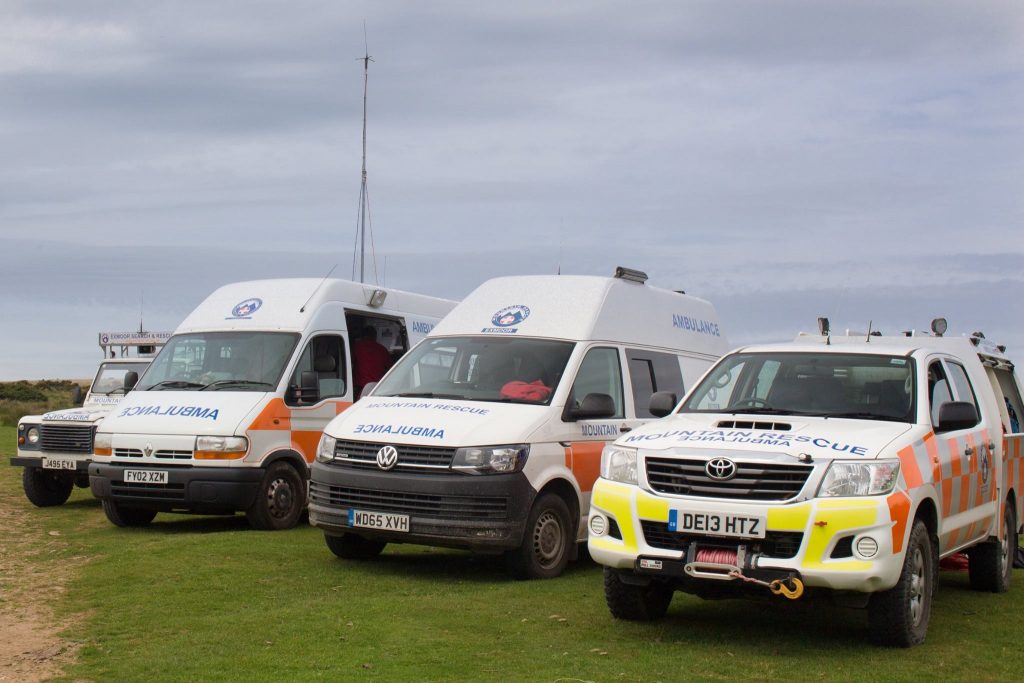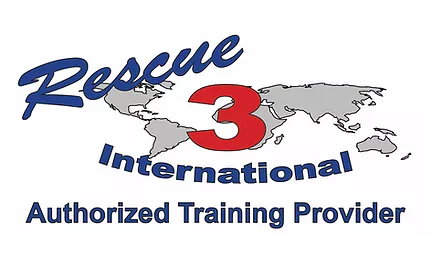WHO WE ARE
The Exmoor Search and Rescue Team provides specialist Mountain Rescue services across large parts of Devon and Somerset. We assist the Police in locating lost or missing persons, and the Ambulance Service to recover the injured or ill from remote locations.
We are made up entirely of highly skilled volunteer members.
Team members are on call 365 days a year, 24 hours a day.
- Skilled and equipped for Search, Pre-Hospital Medical Care, Technical Rope and
Water Rescue - Our operational area covers remote rural locations including Exmoor National Park and the Quantock Hills as well as urban areas such as Taunton & Barnstaple.
We work closely with Avon & Somerset Police, Devon & Cornwall Police, South Western Ambulance Service NHS Trust and HM Coastguard.
We are members of Mountain Rescue (England and Wales) and Peninsula Mountain & Cave Rescue Association (PenMaCRA).
We are a charitable organisation and receive no government funding.
The team comprises of members, trainees and supporters from all walks of life. However we all have one thing in common – the love of the great outdoors!
WHAT WE DO
We use our specialist skills and equipment in search, medical treatment, casualty evacuation, technical rope and water rescue to locate, stabilise, treat, and safely evacuate casualties to a place of safety. All operational team members have a core skill set, including, search, navigation, communications, first aid, rope rescue, and water margin search; these skills allow them to operate safely and effectively in the situations we encounter. Team members are encouraged to further develop their skills in specialist areas (see below) and many also undergo further training in leadership, tracking, off-road and blue light driving.
The team uses a wide range of specialist equipment to perform our primary goals safely and efficiently. These range from personally issued equipment to protect our team members in all weathers, a variety of stretchers and accessories suited to different situations, an array of drugs and medical equipment necessary for immediate pre-hospital care, rope rescue hardware, boats and protective equipment for water rescue.
The team also run a fleet of custom-converted high visibility vehicles each with a designated primary specialist role over and above passenger carrying capability. These include Incident Management, Ambulance, Rope rescue, and Water rescue.
CRAG SECTION
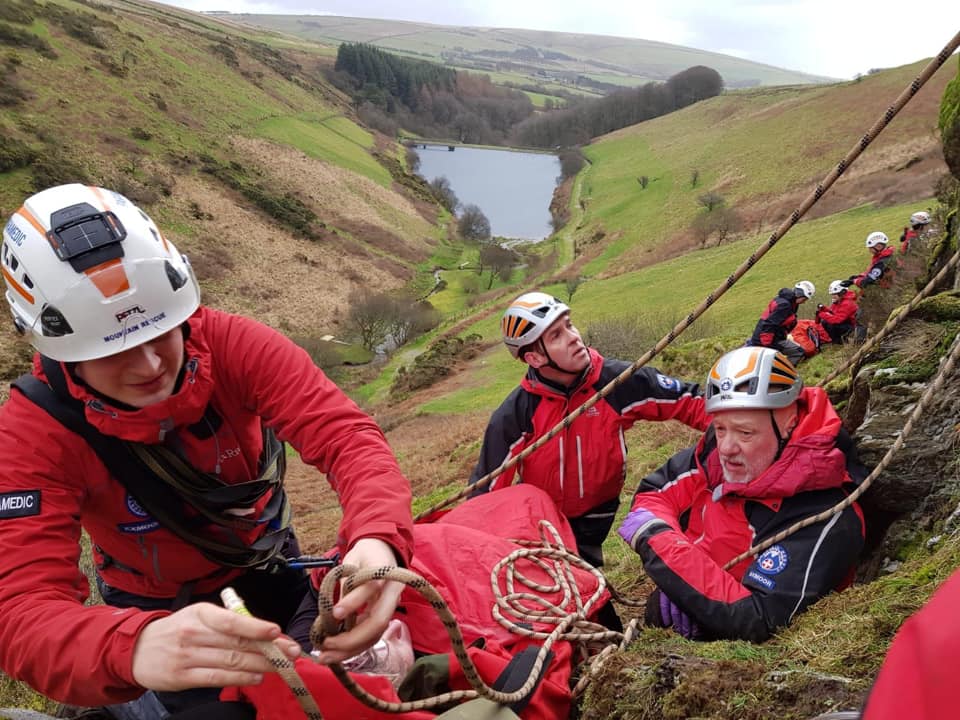
MEDICAL SECTION
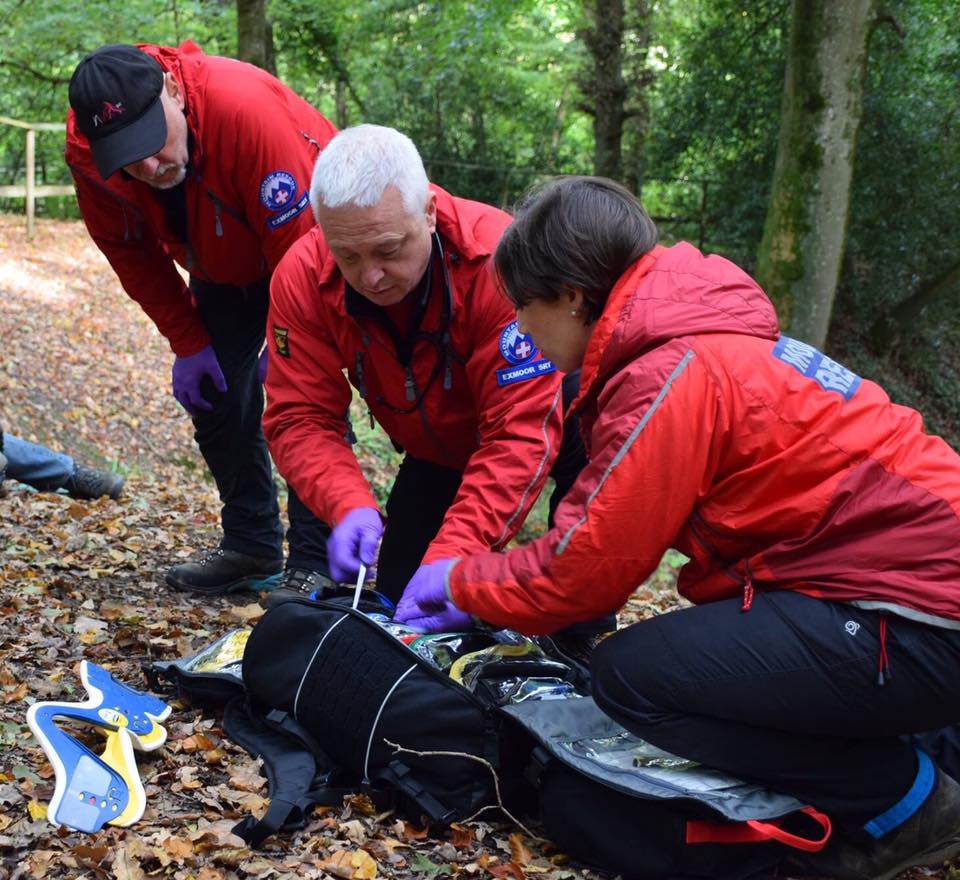
WATER SECTION
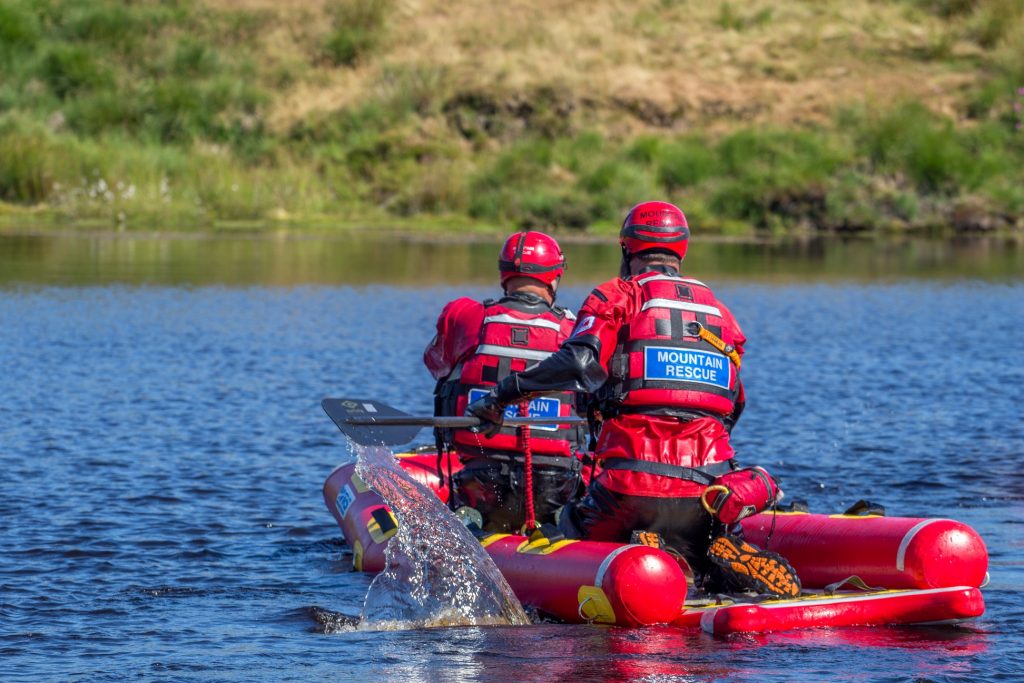
We are also an accredited provider of Rescue 3 Europe courses. See rescue3europe.com for more details.
SEARCH DOGS
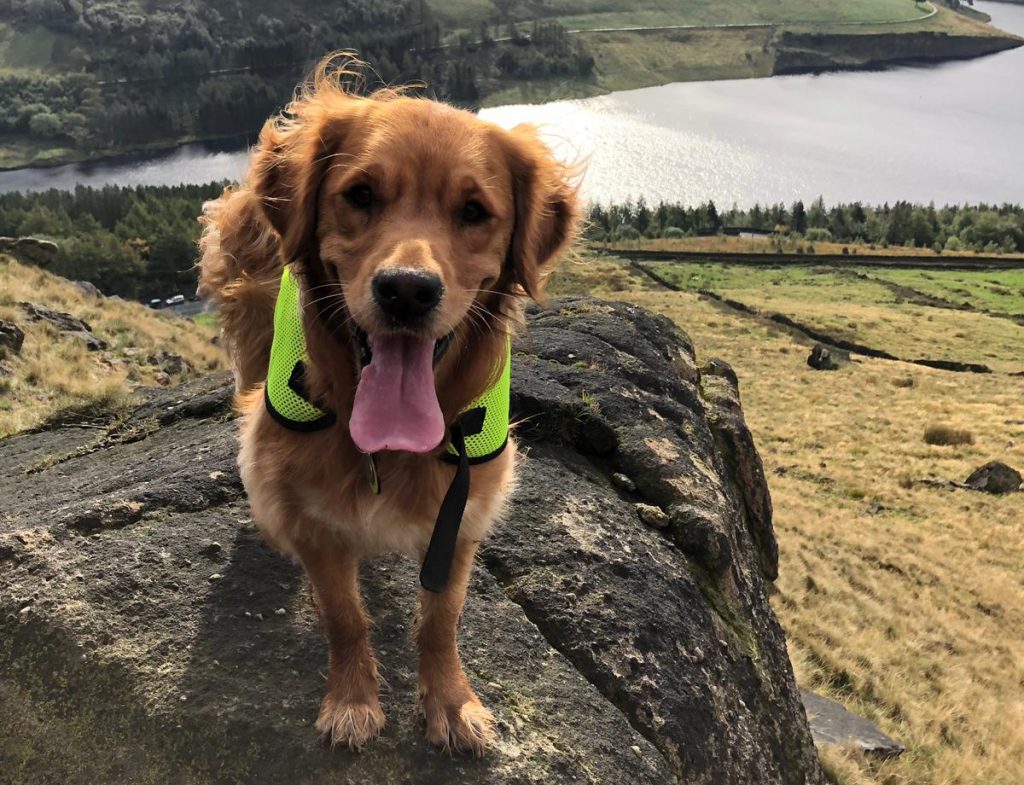
SEARCH MANAGERS
